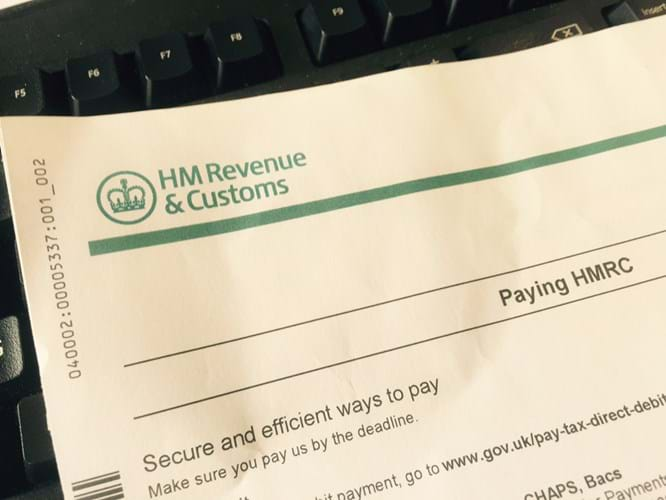BADA had argued hard against the scheme, called ‘Making tax digital’, on the grounds of the increased burden it would put on its small business and sole trader members in the form of extra administration and higher costs.
The uneven, seasonal cash flow of dealer businesses was a key plank in BADA’s representation to HMRC. The requirement to file digitally rather than by post was also cited as an added strain on antique dealers.
Small businesses currently file returns once a year, with a choice of doing so by post or via the internet.
"Victory for common sense"
BADA CEO Marco Forgione called the delay "a victory for common sense".
"I welcome the government's sensible decision to drop Quarterly Reporting from the Finance Bill, the final bill to be passed before the General Election," Forgione told ATG.
"The Government's decision is a victory for common sense, a victory for the determined and focused campaign and most importantly a victory for all small businesses, especially the fine art and antique sector, which would have been particularly badly hit."
BADA had joined forces with other small business trade associations to strengthen its case to government.
"It became increasingly apparent that much more consideration and discussion is needed on both the impact of Quarterly Reporting and whether the technology would be in place for it to work," Forgione said.
There is speculation that the 'Making tax digital' scheme may be ditched altogether.
"It is imperative now that the new Government heeds our concerns, and those of the House of Commons Treasury Select Committee, and the House of Lords Economic Affairs Committee," Forgione added. "At the very least a comprehensive trial must be undertaken and reviewed before any attempt to introduce Quarterly Reporting."






